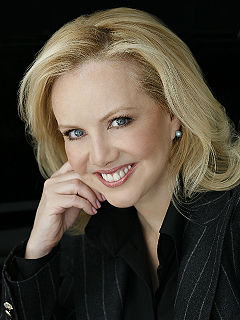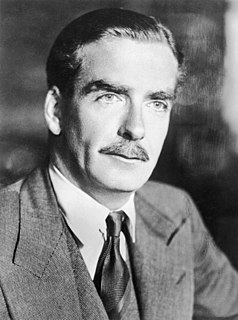A Quote by Chris Hillman
If you could ask that question more precisely, you probably wouldn't be interested in the answer anymore
Related Quotes
If you had a system that could read all the pages and understand the context, instead of just throwing back 26 million pages to answer your query, it could actually answer the question. You could ask a real question and get an answer as if you were talking to a person who read all those millions and billions of pages, understood them, and synthesized all that information.
Every once in awhile, find a spot of shade, sit down on the grass or dirt, and ask yourself this question: “Do I respect myself?” A corollary to this question: “Do I respect the work I’m doing?” If the answer to the latter question is NO, then the answer to the former question will probably be NO too. If this is the case, wait a few weeks, then ask yourself the same two questions. If the answers are still NO, quit.
Do not ask the stones or the trees how to live, they can not tell you ; they do not have tongues; do not ask the wise man how to live for, if he knows , he will know he cannot tell you; if you would learn how to live , do not ask the question; its answer is not in the question but in the answer, which is not in words; do not ask how to live, but, instead, proceed to do so.
If you ask a living teacher a question, he will probably answer you. If you are puzzled by what he says, you can save yourself the trouble of thinking by asking him what he means. If, however, you ask a book a question, you must answer it yourself. In this respect a book is like nature or the world. When you question it, it answers you only to the extent that you do the work of thinking an analysis yourself.
Accuracy is paramount in every detail of a work of history. Here's my rule: Ask yourself, 'Did this thing happen?' If the answer is yes, then it's historical. Then ask, 'Did this thing happen precisely this way?' If the answer is yes, then it's history; if the answer is no, not precisely this way, then it's historical drama.
The question of why evil exists is not a theological question, for it assumes that it is possible to go behind the existence forced upon us as sinners. If we could answer it then we would not be sinners. We could make something else responsible...The theological question does not arise about the origin of evil but about the real overcoming of evil on the Cross; it ask for the forgiveness of guilt, for the reconciliation of the fallen world




































